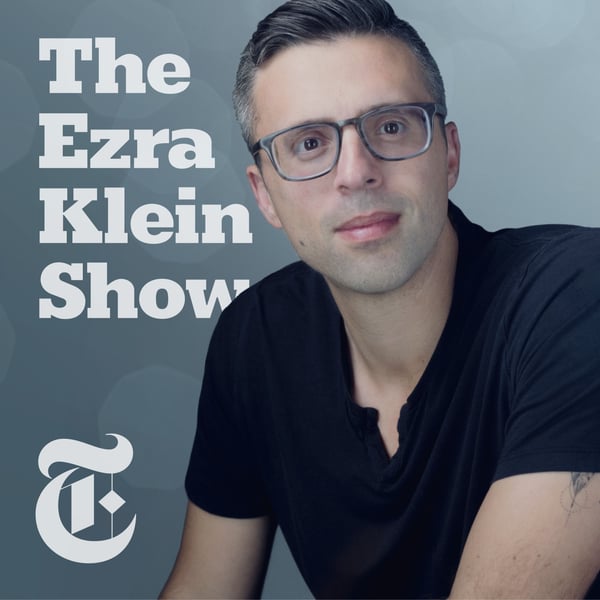Learning to Listen to the Voices Only You Hear
The Ezra Klein Show
New York Times Opinion
4.6 • 11K Ratings
🗓️ 25 January 2022
⏱️ 59 minutes
🧾️ Download transcript
Summary
Transcript
Click on a timestamp to play from that location
| 0:00.0 | I'm Ezra Clon and this is the Ezra Clon Show. |
| 0:21.3 | So before we begin today, we're looking for a managing producer for the EK show. |
| 0:25.0 | This person will run our operations, oversee our processes, manage our producers. |
| 0:30.6 | You need editorial and management experience here. |
| 0:33.0 | You really need a genius for processing schedule. |
| 0:35.9 | This job is really going to be our air traffic controller. |
| 0:38.8 | But your experience doesn't specifically need to be in audio. |
| 0:41.8 | We're looking for the right person before we're looking for the right resume. |
| 0:45.2 | So we'll put a link to the listing in the show description. |
| 0:47.5 | And if you apply, I know it's a bit unintuitive on the site, but don't forget the cover letter. |
| 0:52.1 | You've got to get that to us somehow. |
| 0:53.4 | We don't look at applications without them. |
| 0:55.6 | Okay. |
| 0:56.6 | While I was on paternity leave, I read Ruth Ozeki's The Book of Form in emptiness. |
| 1:01.7 | And I loved it. |
| 1:02.8 | Ozeki is an novelist. |
| 1:03.8 | She also wrote a tale for the time being, which was shortlisted for the book of prize. |
| 1:08.0 | And she's a Zen Buddhist priest. |
| 1:09.9 | And these vocations for her are deeply intertwined. |
| 1:13.3 | Her fiction is unique for how it brings ancient ideas about attention and spirituality and |
| 1:18.0 | ritual and reality to bear on very contemporary experiences like spending too much time on |
| 1:23.0 | the internet, shopping in big box stores, trying to process the 25 hour news cycle, being |
... |
Please login to see the full transcript.
Disclaimer: The podcast and artwork embedded on this page are from New York Times Opinion, and are the property of its owner and not affiliated with or endorsed by Tapesearch.
Generated transcripts are the property of New York Times Opinion and are distributed freely under the Fair Use doctrine. Transcripts generated by Tapesearch are not guaranteed to be accurate.
Copyright © Tapesearch 2025.

